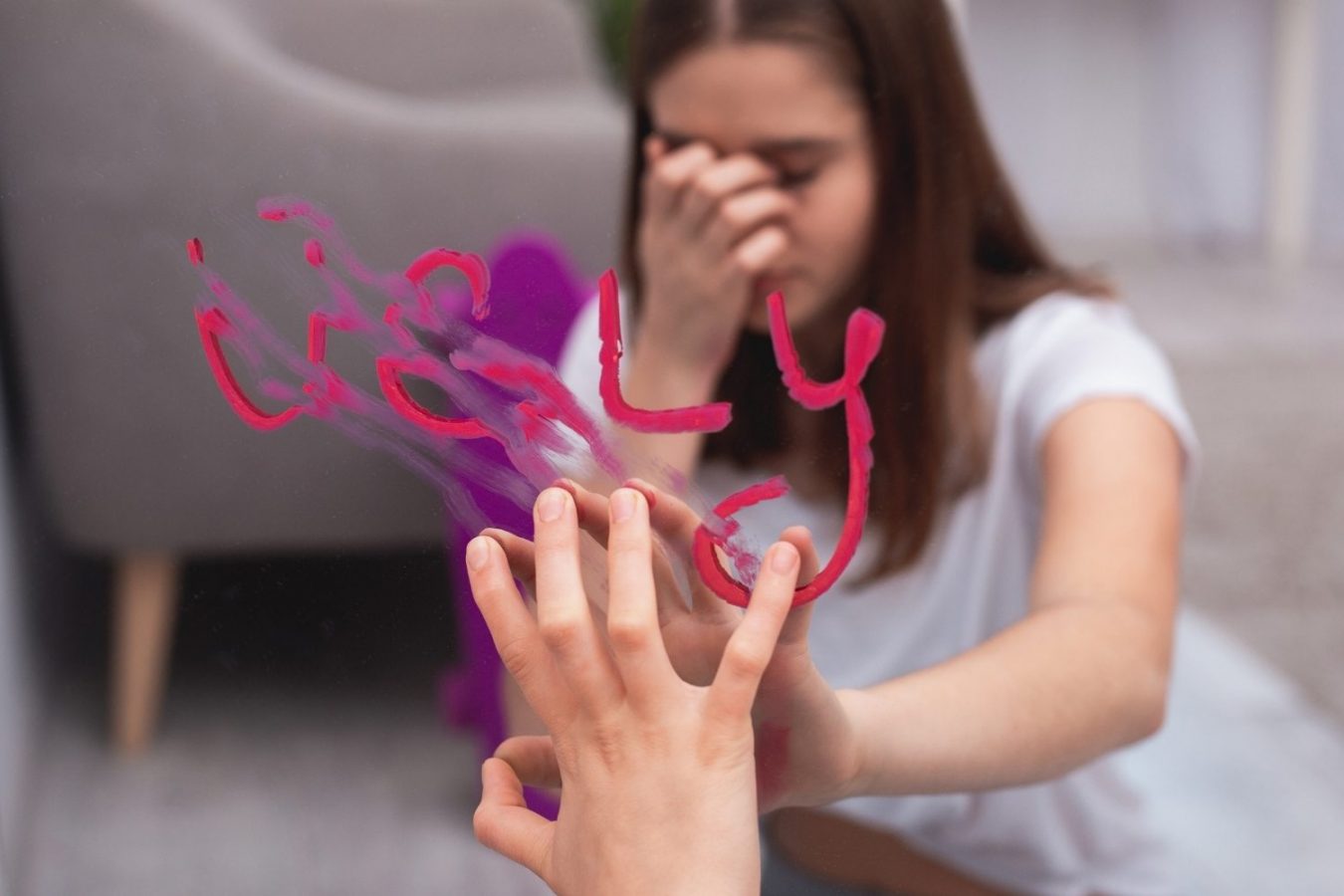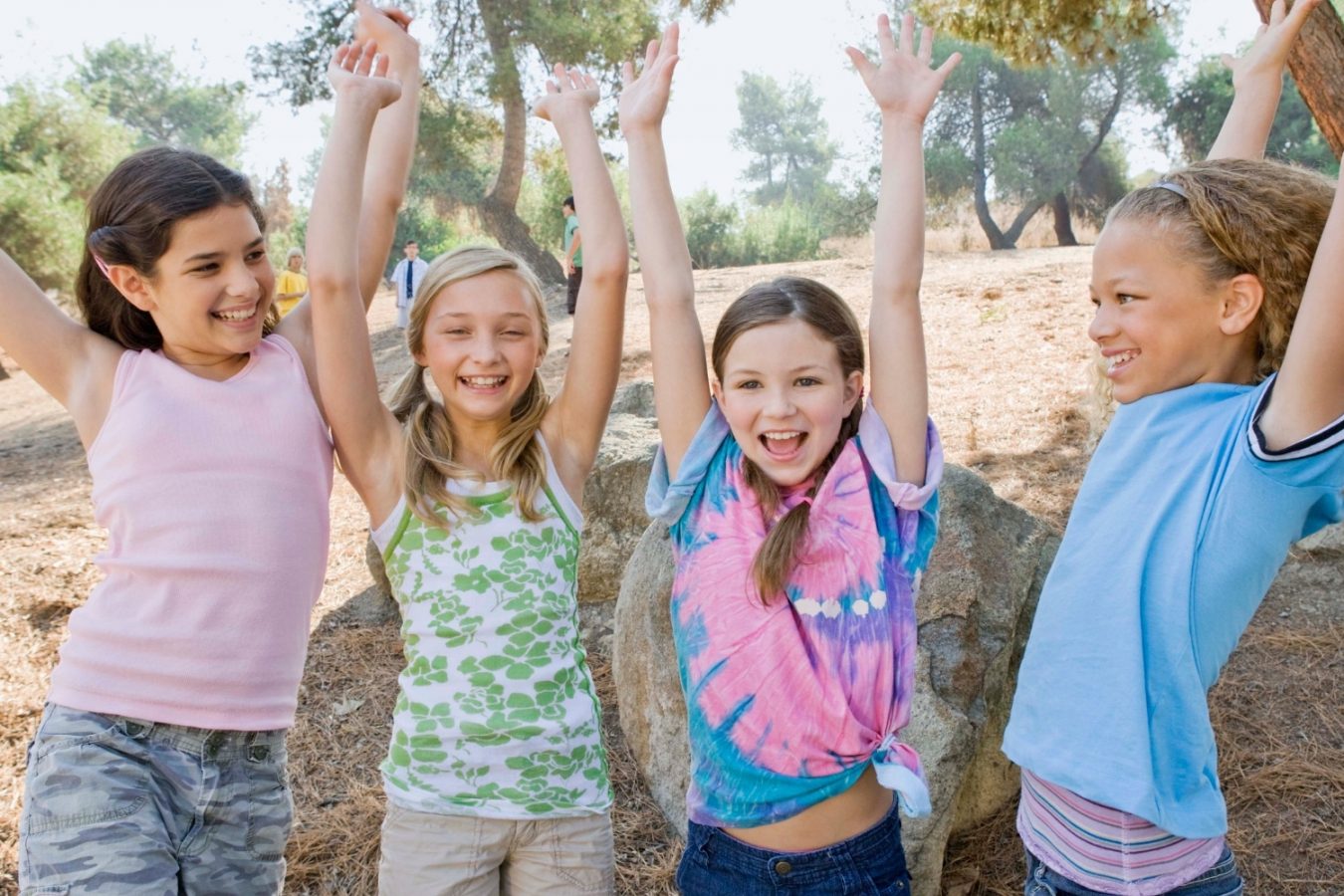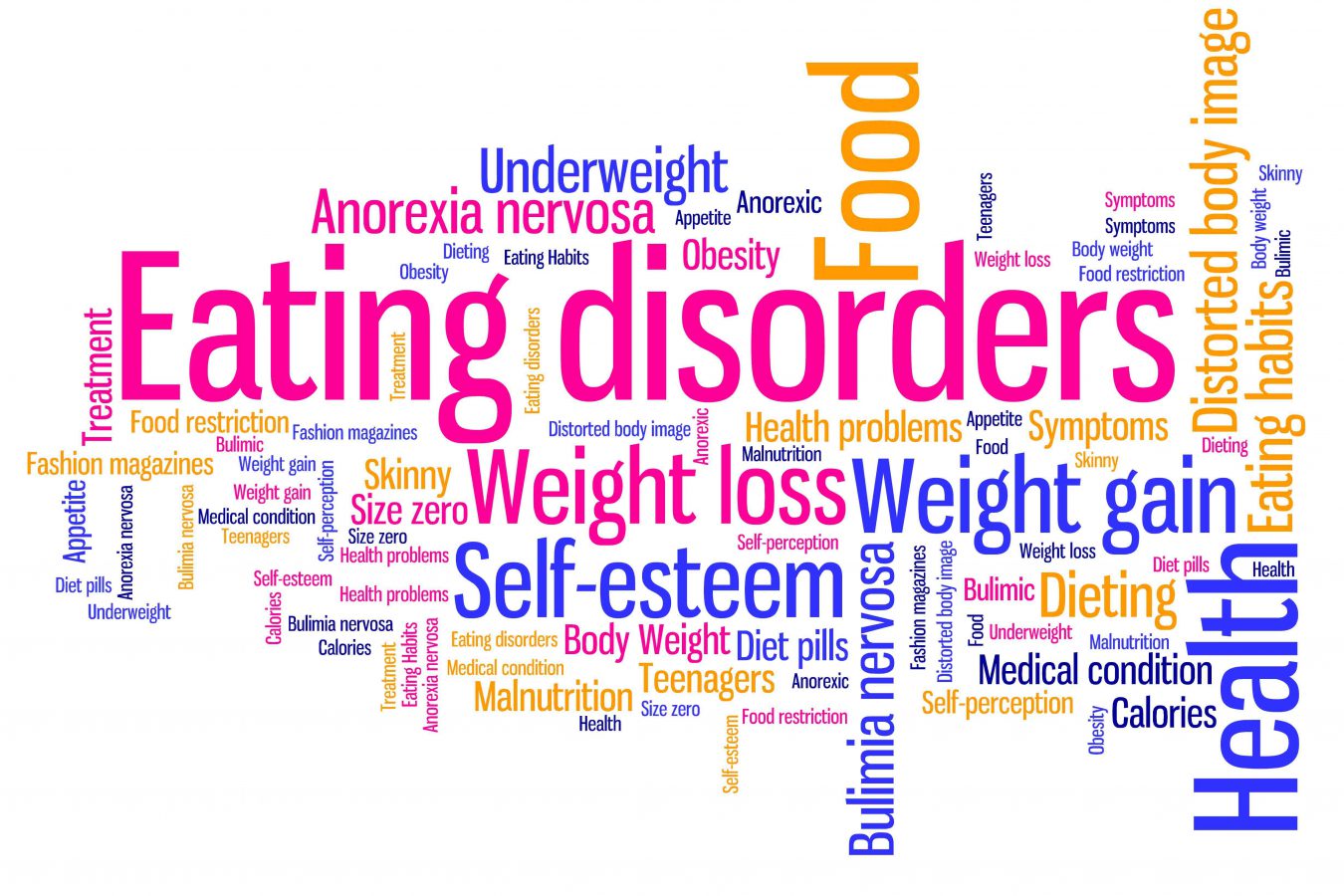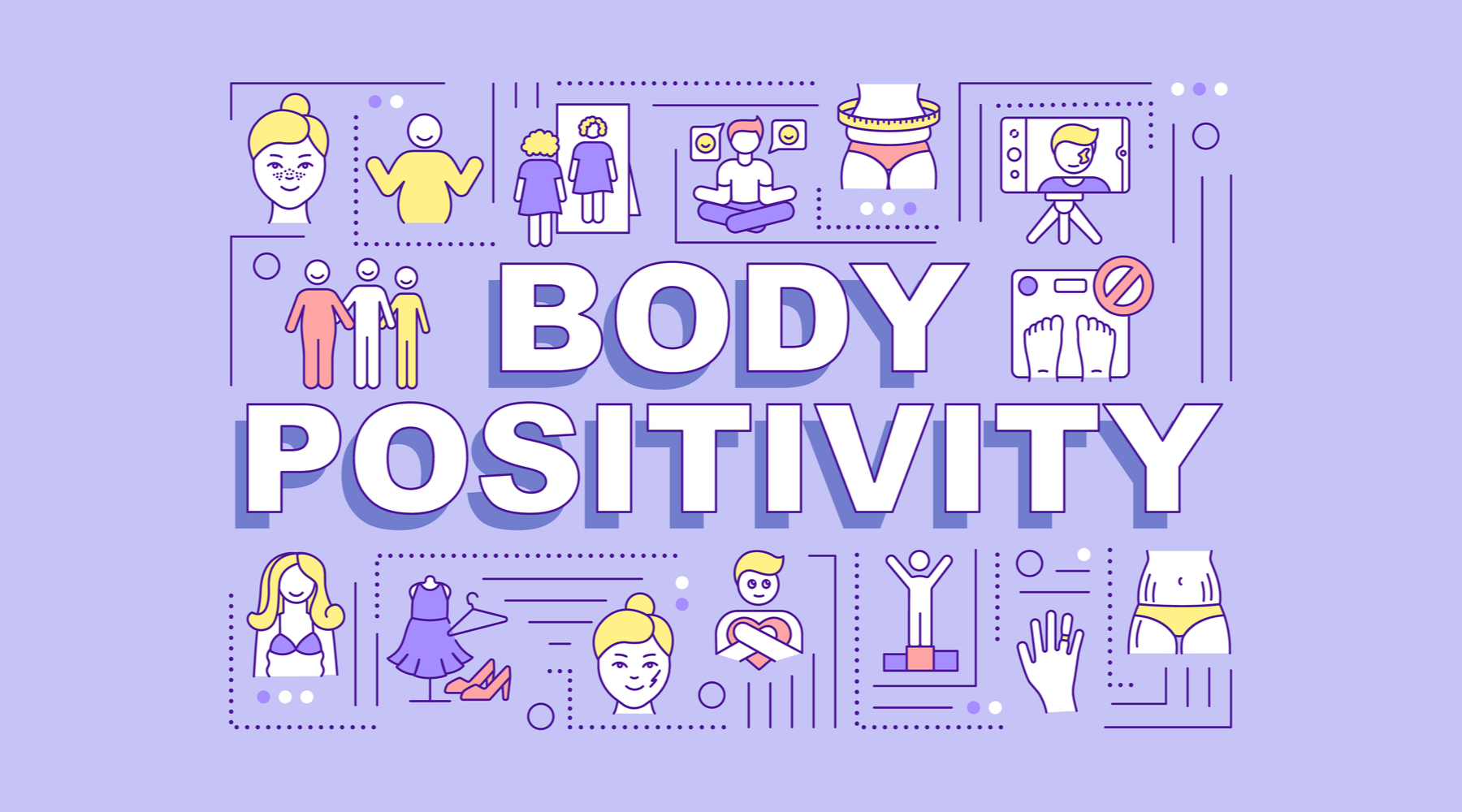
Promoting body positivity can be a sensitive topic to tackle when it comes to our tweens and teens. In this supporting article for her recent webinar for The Parents Website, Dr Zali Yager provides some ideas for parents.
We all know that sinking moment – when your adolescent daughter makes that comment, says that thing… and you realise – she’s starting to hate her body. She is starting to take on all of the things that society, and social media, and her peers tell her about the way that girls and women should look.
It’s such a large and complex problem that it can seem so overwhelming to confront it and to know what to say. But you think back to your own life, and your own feelings about your body over your teenage, young adult, and now your Mum years, and you know that you want something different for your daughter. You don’t want her to be held back by what she thinks about the way that she looks. You want her to feel free to be herself, and look the way she wants to, without needing to conform or shrink herself down to meet other people’s expectations.
My girls are only 5 (I have twins, and an older boy who is 8), but I know that this day is coming. I’ve spent more than 15 years studying the way that body image develops, and the ways that we can try to prevent body dissatisfaction and eating disorders in children and adolescents. I’d love to share this with you to implement some easy strategies into your home to create a more body positive environment for your young people – of any gender – to grow into.
Body image
Body image is the term that we use to refer to a person’s thoughts and feelings about the way they look, and the behaviours they engage in as a result. This isn‘t about their actual appearance – it’s about how they feel about the way they look.
A person’s body image is determined by many factors. There are biological, psychological, and sociocultural influences that contribute to the development of body image. Biological influences include genetic factors such as Body Mass Index (BMI), and pubertal timing, as well as gender expression. Psychological influences include the extent to which individuals might have perfectionist tendencies, be more likely to compare themselves to others, and so on. The biological and psychological influences are not easily changed, but we as parents have a bit more input into the sociocultural influences of peers, media, and the family.
Around the age of nine, children move into a developmental stage that makes them much more aware of the people around them, and how their abilities compare to that of their friends and peers. At this age, the dominant influence on body image shifts from being parents and family to friends and peers. And at this age, the need to belong, and ‘fit in’ starts to become the primary focus. These three developmental events affect different tweens to different levels, but these three things combined mean that the age of 9-12, is a critical early stage for the development of body image attitudes and behaviours. Body dissatisfaction, and the onset of eating disorders tend to peak at the age of 14-16, with boys more likely to develop concerns at a later age.
Watch the full webinar on Body Confident Families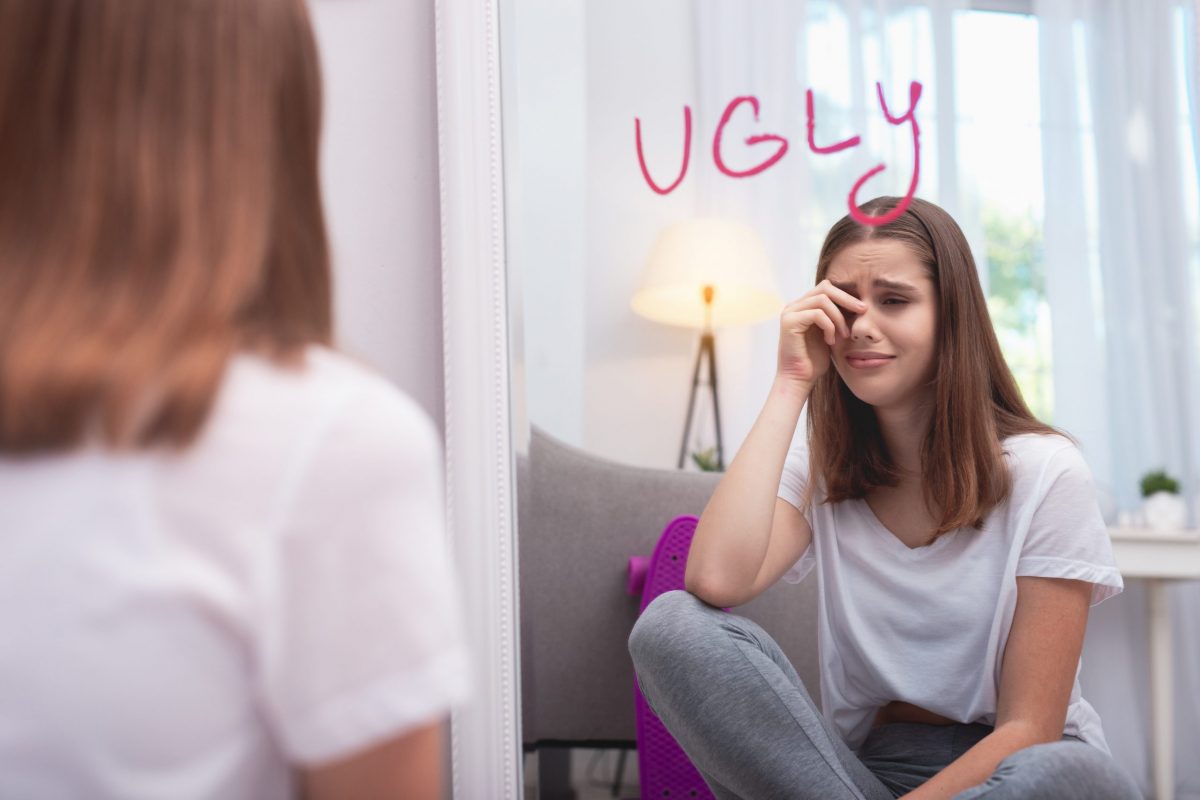
What about health?
Every time I talk about body image, I get someone asking, ‘But if we all loved and accepted our bodies, whatever they look like, wouldn’t that promote obesity?’ The answer is no. For a long time, there has been a misconception that we needed to try to make people feel bad about their body in order to motivate them to engage in the sorts of behaviours that would help them to maintain a healthy body weight– like physical activity and eating a healthy diet. However, the science is now telling us something different.
There is strong research evidence that shows that having a more positive body image is related to engaging in more healthy physical activity, healthy eating, and maintaining a body weight in the expected weight range for their age and height. In fact, the research is also showing that making young people aware of the weight category that they are in (if they are in the overweight or obese category) makes them more likely to gain more weight over time than those who are unaware of their weight category. It turns out that feeling good about our bodies makes us more likely to look after them in more sustainable, and long-term ways.
What can I do?
Even though the influence of parents declines throughout the tween and teen years, the home environment is still critical. One of the most important influences on adolescents’ (particularly female adolescents) body image is the role modelling of body image attitudes and behaviours from the mother, and the comments about weight, shape, and appearance from mothers, fathers, and siblings.
The things that you say about yourself and others act as vicarious learning for your kids, who are trying to figure out how the world works, how to fit in, and how to belong. Making comments about your own weight, ‘Ugh, there’s no way I’m getting in the pool today, I ‘m sooo bloated’ or about others’ bodies, ‘You look great, have you lost weight? Well done you!’ send subconscious messages to adolescents about how men and women should behave, and that appearance is one of the most important things that makes you a good or bad person, that makes you worthy of love and attention, and that means that you should or should not engage in certain activities.
Top 3 tips
Role model positive body image attitudes and behaviours.
Try not to say negative things about your own body, or other people’s bodies. If you can, try to say positive things about the functionality of your body. Show your child that you can accept your body, and not let it hold you back from doing the things that you love. And if you’re not feeling it, try faking it until you do! A great resource for this is to watch the film ‘Embrace’, watch it with your friends rather than your tween or teen, but take from it all of the body positivity for yourself that you can pass on to your child.
Ban (unhelpful) body talk
Body talk can include the seemingly benign ‘does my butt look big in this’ to the obviously harmful teasing from a sibling about body weight, shape, and appearance. Although it is very difficult to see and hear everything that happens in the family, try to have a guiding rule that aims to avoid the body as the target of conversation and teasing. You can talk about bodies and body image, but try to avoid the negative stuff. To help you with this, I recommend the Uniquely Me resource created by the Dove Self Esteem Project, with input from body image expert, Dr Phillippa Diedrichs.
Practice, and model, self-compassion
Self-compassion is a powerful tool in combatting perfectionism, and there is evidence to show that self-compassion programs can improve depression, anxiety, and body image. This can be as simple as becoming aware of when your critical voice is talking to you, or comparing you to someone else, and replacing that thought with something that a kind friend would say instead. There are also some great books and meditations to help you to kickstart your compassionate voice.
Red flags
What do I do if I see some red flags? As parents, you know your kids better than anyone, so trust your intuition on this one.
Some of the things to look out for among your young people and their friends include:
- Openly criticising their body
- Spending a lot of time in front of the mirror, or checking their appearance
- Talking about their own appearance in comparison to others
- Withdrawing from the family, particularly around mealtimes
- Becoming more secretive about food
- Engaging in dieting, tracking calories and food consumption
- Wearing larger clothes to hide the body
- (for boys) engaging in weight training
- (for boys) taking muscle building supplements
If you start to notice your son or daughter’s body image and eating behaviours change and you are worried that this could be something serious, there is support available. The Butterfly Foundation has a free helpline that acts as a first stop for more information and details about seeking help.
So in general, be kind to yourself as a person and as a parent, and encourage your young person or people to do the same. The more compassion and less judgement we have in the world – the better – and we can start this with what happens in our home. Modelling body confidence to our young people, and creating a body confident environment will help them to take on the overall messages that every body is accepted, their bodies are the least interesting parts of them, and that they can engage in healthy behaviours to look after their body because they appreciate what it can do, rather than what it looks like. These are the key messages that we want them to take with them into adulthood to change the way that they think about and treat their bodies, and impact generations to come.
About Dr Zali Yager
Dr Zali Yager is the CEO and co-founder of The Body Confident Collective (BCC), a not-for-profit organisation that aims to improve health and wellbeing by promoting evidence-based positive body image content and professional learning programs at the individual, organizational, and cultural level.
Zali has over 15 years’ experience in body image research and co-authored the book “Adolescence and Body Image: From Development to Prevention”, which summarises the academic literature in this field. Zali is known for her work in determining what works’ in the school setting to promote positive body image for young people, and her work on the Body Confident Mums project, determining how parents, and particularly mothers, can influence their children’s body image by role modelling positive behaviours. In addition, Zali is currently running a trial of Goodform, a school-based program to improve body image and reduce muscle-building supplement use in boys.
You can follow Zali’s work through her LinkedIn, Instagram, and website.
You can also follow The Body Confident Collective (Facebook and Instagram) and Body Confident Mums (Facebook and Instagram).
Like this post? You can share using the buttons on this page.
Subscribe to The Parents Website